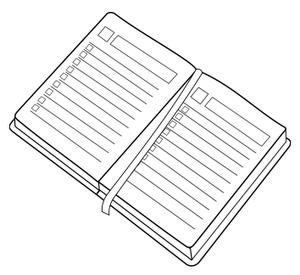Whether your job requires collaboration or you simply want to establish friendly relationships with the people you work with, difficult co-workers can complicate things. Here are a few ways to handle bad attitudes in the workplace.
- Keep your cool. First and foremost, never lose your temper on a fellow employee, no matter how bad the situation gets. This will only make you lose face in front of your bosses and the rest of the office. Simply remind yourself to maintain a calm, even voice, or just walk away from the situation.
- Practice good conflict resolution skills. If the co-worker in question frequently disagrees or argues with you about work issues, learn how to resolve these conflicts before they start. Identify common ground by pointing out a mutual goal, and be sure to hear him or her out completely before giving your point of view.
- Address the issue in private. No one wants to be viewed as unprofessional, so privately point out when a co-worker is being particularly dramatic. Say something neutral, like “It seems like you’re getting very angry about this.” This might make your co-worker notice the error of his or her ways.
- Don’t be a pushover. It pays to be kind, but don’t let this difficult co-worker feel that he or she can walk all over you. Adopt a fair yet stern attitude that shows that you can’t be manipulated or disrespected.
Three Tips to Deal with a Passive-Aggressive Colleague [Harvard Business Review]
20 Ways to Deal with Difficult Co-Workers [iVillage]
Ten Tips for Dealing with Difficult Co-Workers [allBusiness]
How to Deal with Difficult Co-Workers [Forbes]


 Equal Housing Opportunity
Equal Housing Opportunity